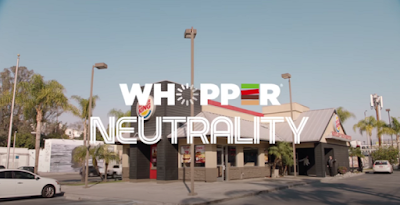Let’s have #TheSelfieTalk
‘You have 549 likes on your post’, these are some of the words which to some may feel like an achievement so great, yet it’s disappointing and disheartening. In our age, social media governs one-third of our lives. Social media and the internet can take a toll on our mental health, and we wouldn’t even notice how and when they start affecting our thought processes, and thinking patterns and become a way of our lives. They set unrealistic beauty standards and aim at their target audience consisting of teenage boys and girls.
Girls, especially those aged 13-15, get very particular about the way they look online. Dove’s #Reverseselfie campaign was set to fight societal devils like these.
The campaign was launched in April 2021, and the campaign has been a huge success. The campaign video has 750,000+ views on YouTube and 870,000+ views on Instagram. The press and public have responded positively, calling the campaign “powerful” and “beautiful”. As stated by the brand on dove.com, its Self Esteem project has reached 82,000,000 young people and counting since 2004. Dove’s motto has been ‘Let’s Change Beauty’, and so far, it has been successfully working towards bringing a change for the same.
 |
| Source: https://campaignsoftheworld.com/ |
The ‘Reverse Selfie’ campaign video features a 13-year-old girl who posted a picture online. From there, the video plays backwards showing the decreasing amount of likes, the backward procedure of editing the photo, the stages of getting ready, and putting on makeup to finally reveal the bare face of the girl, which is very different from the photo she posts online.
The campaign also features a set of photographic posters, which is each split in half depicting the natural faces of girls against the drastically edited versions of their faces to depict the impact of distortion of faces through editing. The posters include powerful statements such as “instant face apps, lasting damage” and “face editing removes blemishes, freckles, and confidence”.
Dove is using this campaign to continue their fight for real beauty standards, aiming to drive a conversation and start a movement to change selfie culture. According to Juliana Paracencio, Global Creative Director at Ogilvy UK, the campaign is targeting parents, with the hope that they will download Dove’s social media kit and have #TheSelfieTalk with their children.
 |
| Source: http://julianaparacencio.com/ |
The campaign is advertised on tv and social media platforms, mainly on Instagram with its graphic posters. The campaign uses the hashtags #TheSelfieTalk, relating to their call to action, and #NoDigitalDistortion, which hopes to champion natural beauty over unrealistic beauty standards online. With the latter, they are encouraging social media users to pledge to post unedited photos of themselves in support of the cause.
Many #DovePartners also participated in this campaign including celebrities like musician and singer Lizzo and television producer Shonda Rhimes. Lizzo posted an unedited naked photo of herself on Instagram, which garnered around 2.5 million likes making it her most popular post.
The campaign has received good press coverage, both within the marketing industry and more widely in newspapers such as The Mirror. The press coverage was affirmative, highlighting the significance and positive impact of the campaign. Moreover, Instagram has user-generated content under the two campaign hashtags, with over 1000 posts using the hashtag #NoDigitalDistortion. The content mostly focuses on natural selfies and comparisons of retouched and natural versions of users’ photos. To summarise, this has been one of the most successful and impactful campaigns led by Dove so far.
-Nishita Jain



Comments
Post a Comment